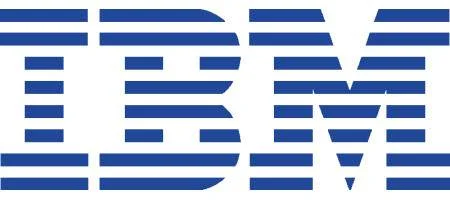An IBM team has advanced a new technology with the potential to revolutionize the way resistant bacterial infections are treated.
According to a report from Business 2.0 Press, Dr. James Hedrick from IBM led the team of engineers and researchers who developed the nanoparticle technology.
IBM scientists produced a new kind of nanoparticle that is able to destroy the membrane walls of specific drug-resistant bacteria strains, which then leaves the cells to deteriorate harmlessly without a trace. It’s probably a good thing that scientists don’t think cells can scream or feel pain.

The innovative method works by using biodegradable plastic to build electrically charged nanoparticles that attract to the bacteria’s opposite charge. This destroys the membrane walls of the cell and it eventually terminates the cell completely.
Certain kinds of conventional antibiotic medicines function by blocking certain kinds of microorganisms that can lead to infections from multiplying by interfering with their inner contents, including DNA, or outer parts like a membrane wall.
Most of the time these medications work quite well in eradicating all (which is why it is critical to follow dosage instructions from your physician, and continue to take your prescribed medication even after you feel better) germs over the course of treatment, but sometimes not every germ cell is killed and the survivors can later become resistant to drugs.
The new method developed at IBM is able to eliminate the cell’s membrane wall, which leaves the residual matter of the cell to safely break down. And since the molecules of the system are organic, the human body can quickly dispose of the medicine, unlike other antibiotics that are not as easily removed by the body therefore causing side effects.
The system successfully destroyed methicillin-resistant staphylococcus aureus (MRSA) germs in laboratory tests with infected mice. The results were published in the journal Nature Chemistry. This method has not been tested on humans yet, but IBM said that they are currently in negotiations with pharmaceutical companies looking into creating a human trial. They won’t say who they are negotiating with.
Anyone out there feel like volunteering?
MRSA bacteria are found all over the world, and the germs are responsible for millions of deaths caused by various infections, including respiratory infections.
This new IBM technology could be used to easily treat drug resistant microorganisms. It has the potential to literally save millions of lives, that is, if the human test subjects don’t die.
IBM’s Dr. Hedrick called the results “extraordinarily promising at this stage.”
Let’s hope that these nanoparticles don’t do anything crazy to people.






